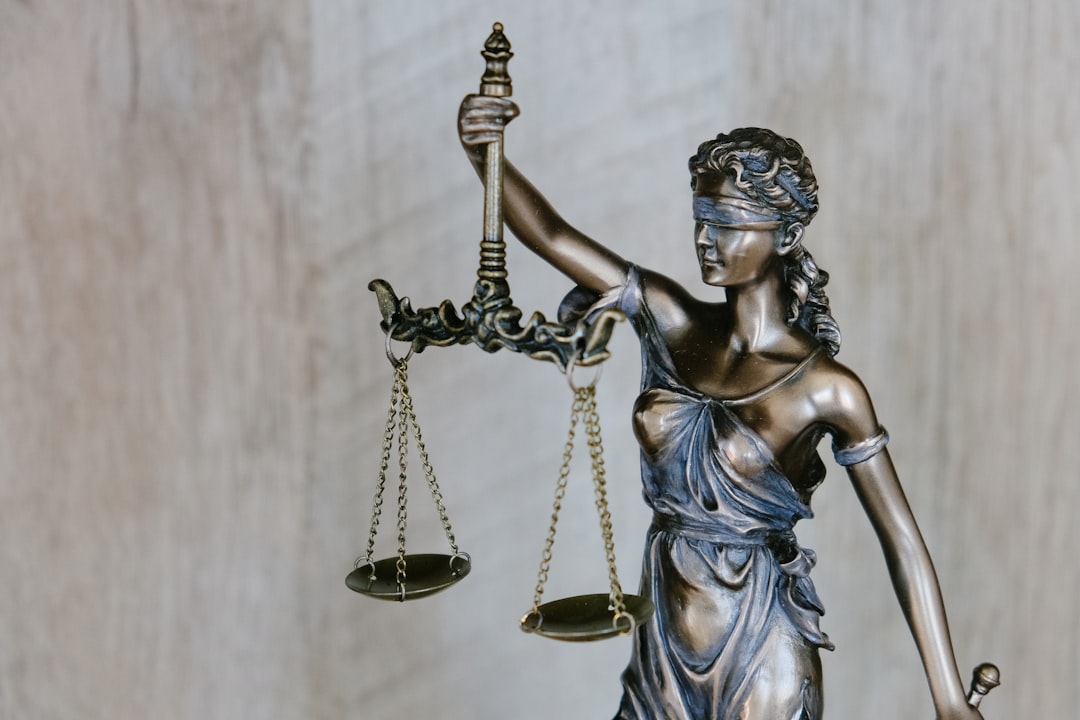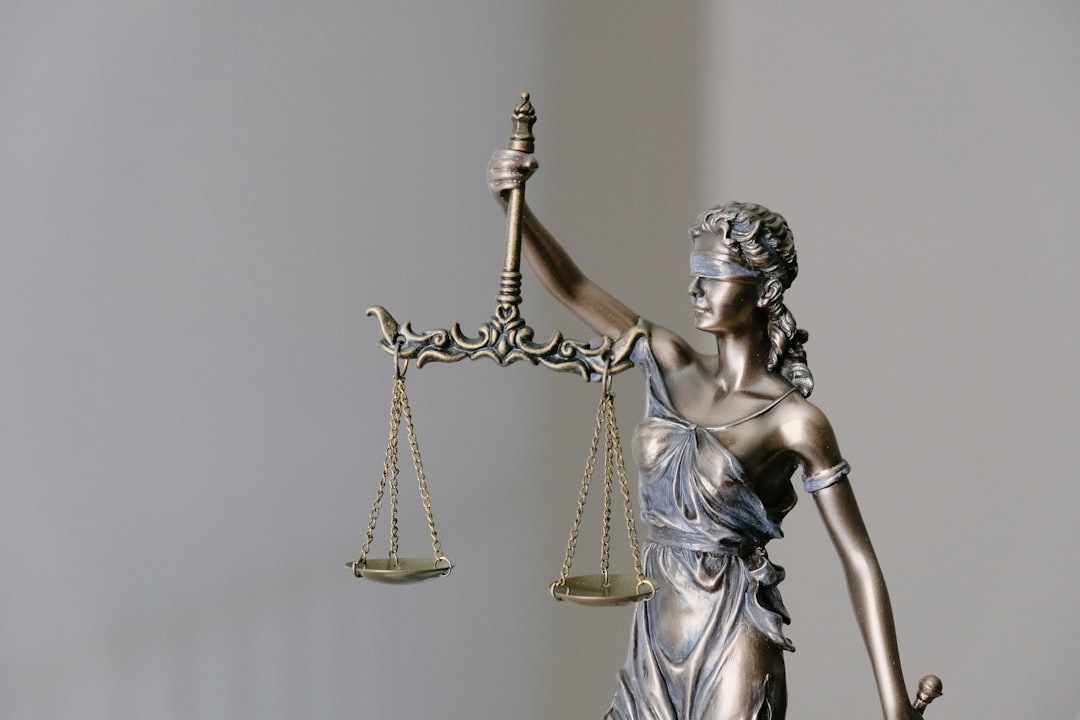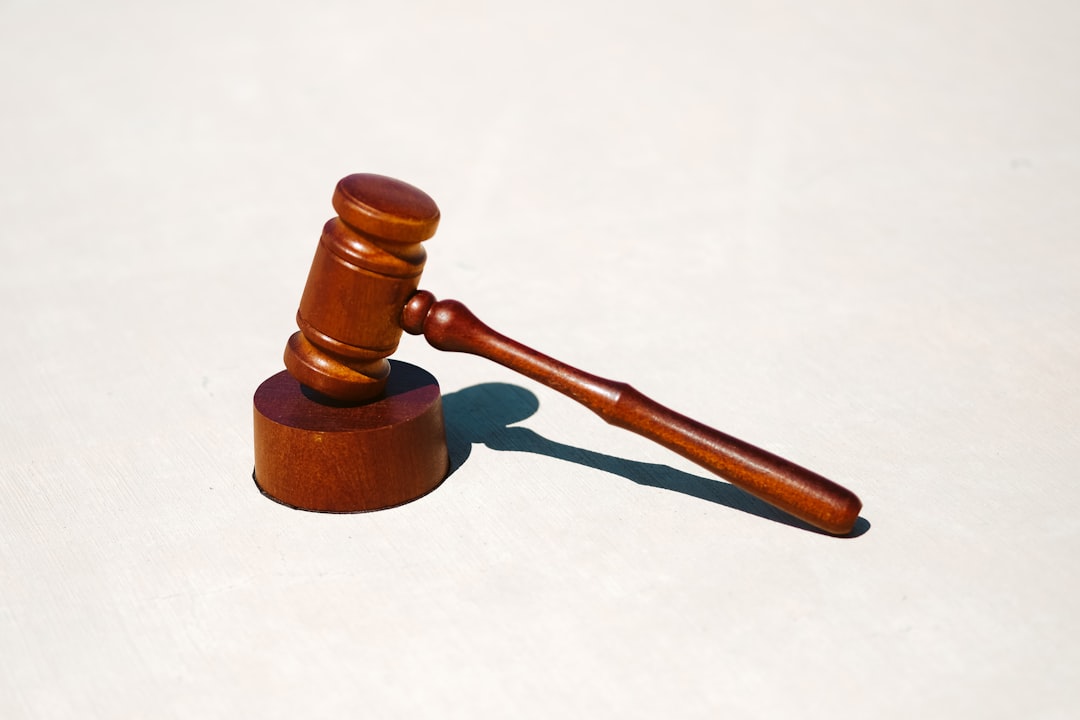Arkansas K-12 schools are legally obligated to maintain a secure environment free from sexual harassment and assault, guided by state laws and federal regulations like Title IX. A sexual assault attorney in Arkansas assists institutions in fulfilling these duties, protecting victims' rights and institutional responsibilities. Schools must implement transparent reporting, support services, and disciplinary actions. By adopting robust policies, training staff, and establishing confidential systems, schools can prevent and manage student sexual assault effectively. Administrators face complex legal duties, requiring immediate reporting, counseling, staff training, collaboration with law enforcement, and strategic advice from a sexual assault attorney in Arkansas to ensure justice and well-being.
In Sherwood, Arkansas, K-12 schools face significant legal obligations in addressing student sexual assault. This comprehensive guide explores the legal framework governing these institutions, offering insights into defining and effectively managing such incidents. We delve into the duties of school administrators and staff members, emphasize the importance of legal counsel, and provide best practices for prevention and response. For parents and educators alike, understanding these obligations is crucial in fostering a safer learning environment. Engage with this article to learn from expert perspectives, including prominent sexual assault attorneys in Arkansas.
Understanding Legal Framework for K-12 Schools in Arkansas

In Arkansas, K-12 schools have a legal obligation to maintain a safe learning environment free from sexual harassment and assault. The state’s laws, guided by federal regulations like Title IX, mandate that schools implement policies to prevent, investigate, and address such incidents. A sexual assault attorney in Arkansas often works with schools to ensure these obligations are met, protecting both the rights of victims and the institutional responsibilities. Schools must have clear procedures for reporting and handling allegations, offering support services to affected students, and taking appropriate disciplinary action against perpetrators.
Understanding this legal framework is crucial for educators and administrators in Sherwood who aim to create a responsive and just culture. By adhering to these guidelines, K-12 schools can foster an atmosphere where students feel safe and supported, ultimately deterring potential sexual assault and promoting a positive learning experience.
Defining and Addressing Student Sexual Assault Effectively

Sexual assault in K-12 schools is a grave issue that requires immediate and effective action. It’s crucial to define student sexual assault beyond mere physical contact, encompassing any form of non-consensual sexual behavior, including verbal threats or coercion. Schools must recognize that this problem permeates all environments—classrooms, playgrounds, and online spaces.
Addressing sexual assault involves a multi-faceted approach. Legal obligations dictate that schools in Arkansas, as represented by knowledgeable sexual assault attorneys, must implement robust policies, provide comprehensive training for staff and students, and ensure confidential reporting mechanisms. Creating safe spaces, offering support services like counseling, and fostering a culture of consent and respect are essential steps towards preventing and effectively managing instances of student sexual assault.
Obligations of School Administrators and Staff Members

School administrators and staff members in Sherwood have a multifaceted legal obligation when it comes to addressing student sexual assault. They must promptly report any suspected or confirmed instances of sexual misconduct, ensuring that all students affected receive adequate support and counseling services. This includes facilitating access to legal resources, such as consulting with a sexual assault attorney in Arkansas, for those who may choose to pursue legal action.
Moreover, schools are required to implement robust policies and procedures aimed at prevention, including comprehensive training programs for staff on identifying red flags, responding appropriately to reports, and fostering a safe learning environment. Effective communication and collaboration with local law enforcement agencies, as well as community organizations specializing in sexual assault support, are also critical components of these obligations.
The Role of Legal Counsel in School Sexual Assault Cases

In the event of a student sexual assault in Sherwood, K-12 schools have legal obligations to ensure a safe learning environment and properly address the incident. One crucial component in this process is the involvement of a sexual assault attorney Arkansas. These legal professionals are adept at guiding schools through complex legal frameworks, ensuring compliance with state laws and federal regulations pertaining to student safety and privacy.
A sexual assault attorney Arkansas can provide vital expertise in navigating sensitive cases, offering strategic advice on how to handle investigations, discipline procedures, and potential litigation. Their role is instrumental in protecting the rights of all parties involved—the victim, the accused, and the educational institution itself. By leveraging their knowledge of the law, these attorneys help schools foster a culture of accountability and support, aiming for justice while prioritizing the well-being of the student community.
Best Practices for Preventing and Responding to Sexual Assault

In addressing student sexual assault, K-12 schools in Sherwood have a legal obligation to implement best practices that foster a safe and supportive environment. This includes comprehensive prevention programs tailored to educate students about consent, healthy relationships, and recognizing inappropriate behavior. Regularly conducted training for staff members on identifying signs of distress or potential abuse is paramount, enabling them to respond promptly and appropriately.
Effective response mechanisms are equally crucial. Schools should have clear protocols for reporting incidents, ensuring confidentiality and sensitive handling of cases. Collaborating with local law enforcement and mental health professionals can provide additional support. Furthermore, involving students in the process through peer-led groups or education sessions empowers them to take an active role in creating a culture that prevents and discourages sexual assault, aided by the guidance of a sexual assault attorney Arkansas-based, when necessary.






